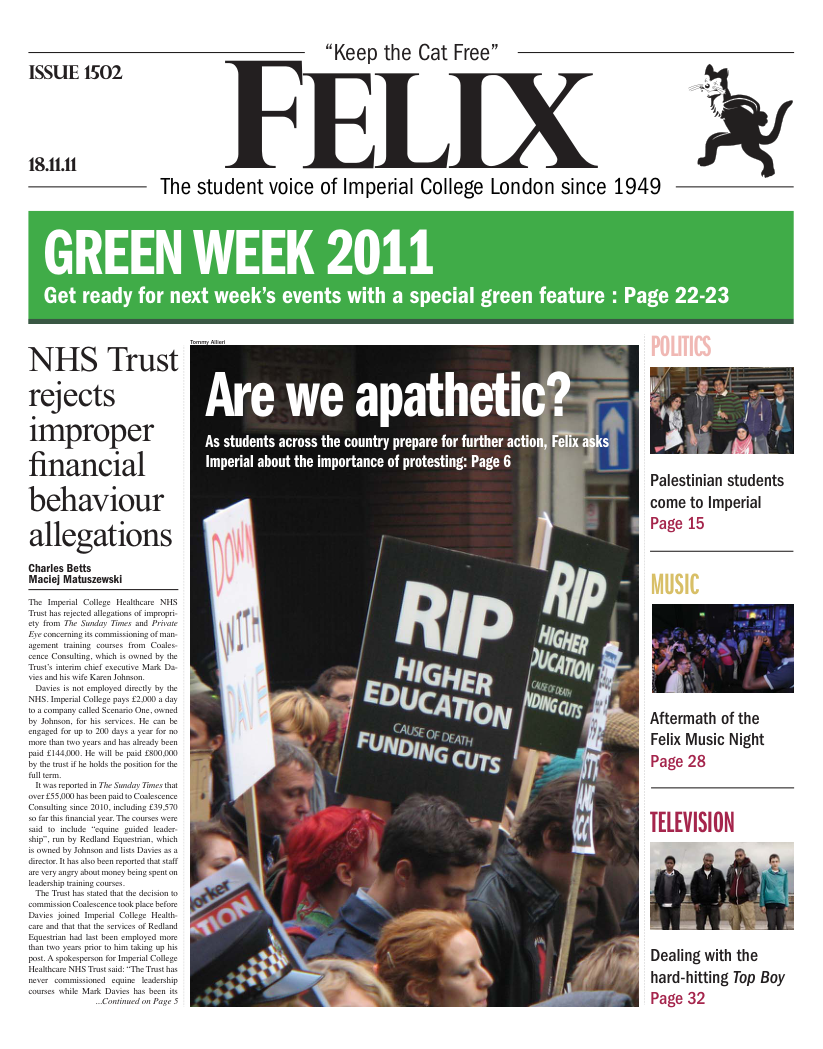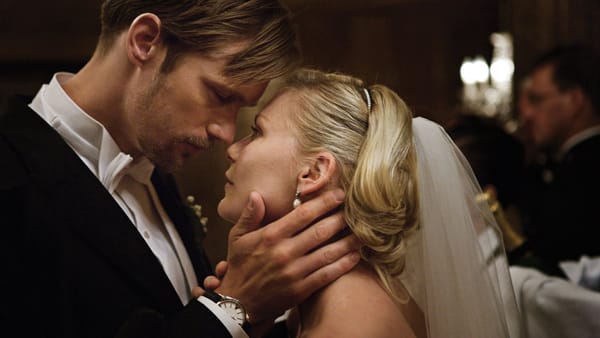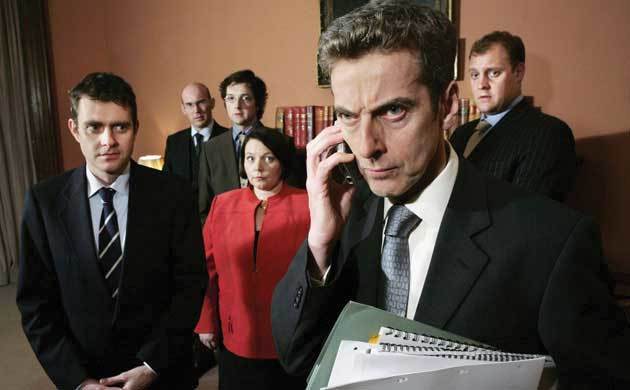To believe or not to believe?
Was Shakespeare a fraud?

Anonymous
Director Roland Emmerich
Screenwriter Jon Orloff
Cast Rhys Ifans, Vanessa Redgrave, Joely Richardson, Rafe Spall, Sebastian Armesto
Was Shakespeare a fraud? The generally accepted answer is “no” but the debate will go on, new evidence will be found, and the sceptics will always find holes in the already laid-out, widely known historical events. It’s an interesting notion though, something that shouldn’t possibly be immediately dismissed. If there is compelling reason to actually doubt the authorship of William Shakespeare, the man who has been the icon of English literature for centuries, then bring it on, which is what the brave Emmerich sets out to do.
Yes, the man who loves destroying our beloved planet (Independence Day, The Day After Tomorrow) is the man directing a thought-provoking, “what-if” period piece. A change in genre for sure, but Emmerich’s Anonymous is just as intense as when he spends millions of dollars sucking every last breath out of the human race. Set in Elizabethan England, London is transformed into a grim, damp place of greed, betrayal, jealousy, and a whole load of back-stabbing. This moral corruption extends to people of all social classes, from the grey streets of the English capital, to the colourful royal courts where the ageing Elizabeth I (Vanessa Redgrave) rules her country with her humongous dresses and frightening make-up.
A firm prologue, delivered with conviction by Derek Jacobi, sets the tone – that William Shakespeare never wrote a single word of “his” work. How is this possible? First, there’s Edward de Vere, Earl of Oxford (Rhys Ifans), whose brilliance with his words and prose came to life even at a young age. Playing Puck from A Midsummer Night’s Dream at the age of ten, he even enchanted the then-young Elizabeth I (Vanessa Redgrave’s daughter Joely Richardson). But writing plays is no job for an Earl, especially when his father-in-law, William Cecil (David Thewlis), a close advisor to the Queen, vehemently protests anything involving art or theatre. He claims that theatre is the satanic product of worshipping false idols.
One day however, he stumbles on something extraordinary. A crowd of two thousand being moved and united through one play alone. With his own plays, he predicts that he could bring the house down. He approaches Ben Jonson (Sebastian Armesto), a virtually unknown playwright, to stage his plays for him. For years, de Vere has spent hours putting ink to paper, producing works such as Macbeth, Hamlet, and Julius Caesar. By complete accident however, the good-for-nothing drunk actor Will Shakespeare (Rafe Spall) ends up taking the writer’s credit. He’s illiterate too, but the crowd doesn’t know that. They embrace him, and are moved by his words.
Success and money corrupt Shakespeare and his obnoxious behaviour starts to get on Jonson’s nerves. Spall is fantastic as the slimy yet hilariously stupid Shakespeare, a horrifying portrayal for anyone who respects the man, but this unique depiction is a welcome change, and Spall is an invaluable presence. Our sympathy goes out to Jonson more than to anyone else, and Armesto plays the frustrations of a wronged man with enough intensity and anger.
Flashbacks that are comprehensibly edited in reveal more than expected, diving into the intimate sides of de Vere and Elizabeth. Disturbing twists and turns are presented, with dirty secrets that have been buried for years starting to surface. The subplots hardly ever have happy endings, and the brutal fight for power is a good fun romp, with numerous seedy characters pitching in for unpredictable developments. The harsh palace life with unstable dynamic is boosted by the dark scenery made even more sinister by plenty of shadows coming from hundreds of candles.
Ifans is effortlessly convincing in the role of a literary genius, and no matter how hard it may be to believe that he can whip out a stirring play in a matter of days, the struggles of an oppressed genius, trapped in a society of strict boundaries is shown well in his character’s genuine passion for theatre. The mother-daughter casting for Queen Elizabeth works brilliantly here, as hints of Richardson in Elizabeth’s youth can be seen later in Redgrave, both of whom are magnetic their pivotal roles; they hold so much power. This makes her the perfect target for snarky “advisors” to poison with their venomous lies, adding another layer of treacherous palace drama to the already packed narrative.
Whether you believe in this alternate theory is obviously up to you. But Anonymous is a confident spin on what was thought to be a well-known tale. It would serve well as a period thriller even for those who are fans of Shakespeare and his works. Emmerich shows plenty of promise in directing films outside his usual disaster-film genre, and he has managed to create one of the most exciting guilty pleasures of this year.








